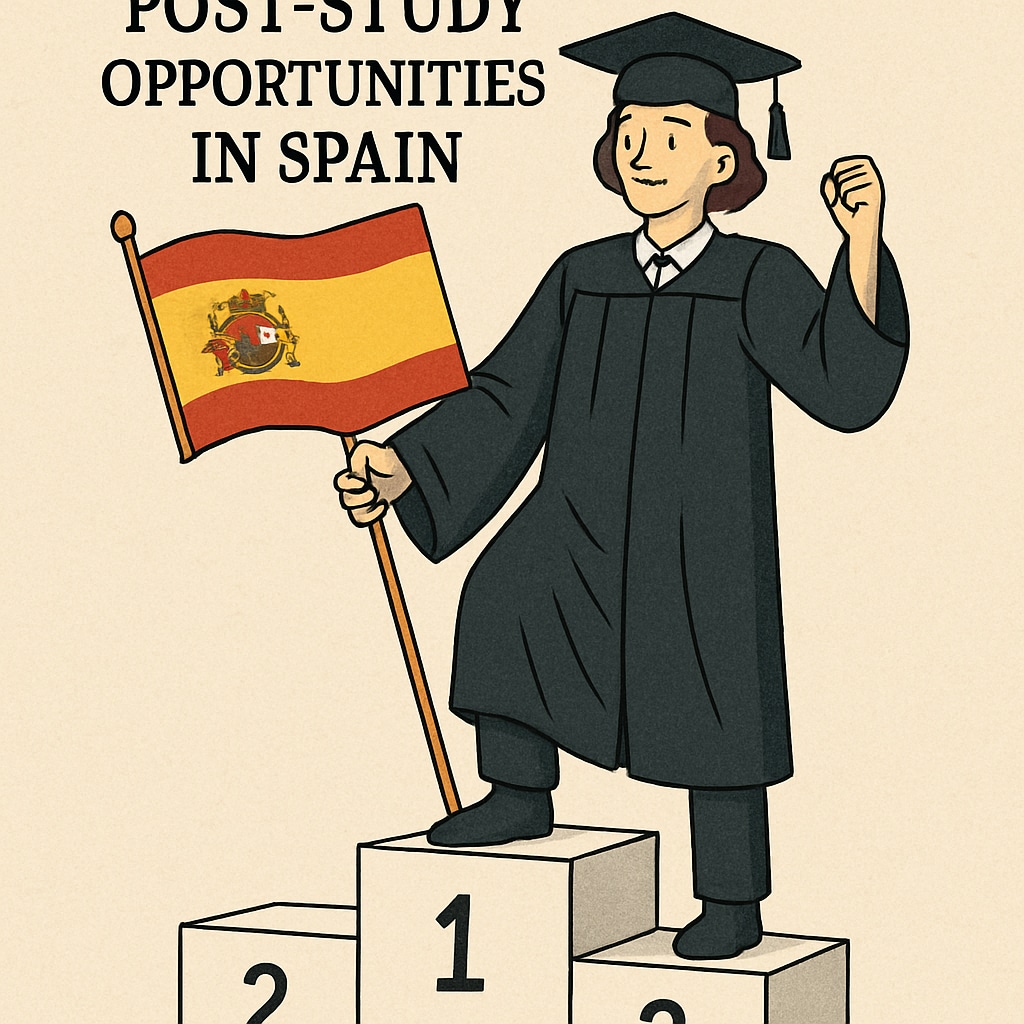Choosing to study in Spain offers international students not only access to high-quality education but also the possibility of building a new life through immigration pathways. For those pursuing a master’s degree, Spain provides a unique opportunity to combine advanced academic training with long-term settlement options. However, adapting to a new cultural and educational environment can be challenging. In this article, we explore the key steps, challenges, and strategies for successfully studying in Spain and potentially settling there.
Why Choose Spain for Your Master’s Degree?
Spain has become a popular destination for international students due to its reputable universities, affordable tuition fees, and the opportunity to experience a vibrant European culture. Master’s programs in Spain often emphasize practical learning and research, making them attractive to students seeking career advancement. Additionally, Spain’s student visa policies allow graduates to explore work opportunities, which can serve as a stepping stone towards immigration.

Adapting to Spanish Education and Lifestyle
International students may face challenges when transitioning to the Spanish education system. These include language barriers, differences in teaching methodologies, and the need to integrate into a new cultural setting. Here are some tips to help ease the adaptation process:
- Learn Spanish: While many master’s programs are offered in English, learning Spanish can significantly enhance your social and professional integration.
- Engage with Local Communities: Participate in university clubs, local events, and cultural activities to build connections and understand the Spanish way of life.
- Understand the Academic Culture: Spanish universities often encourage collaboration and critical thinking. Be prepared to actively engage in discussions and group projects.
Immigration Opportunities after Graduation
One of the main attractions of studying in Spain is the potential for long-term residency. After completing a master’s program, students can apply for a post-study work visa, which allows them to seek employment within Spain. Gaining work experience can eventually lead to permanent residency. Additionally, Spain’s “arraigo social” (social roots) program offers another pathway for individuals who have lived in Spain for a certain period and meet specific criteria.

Key Steps to Ensure Success
To maximize the benefits of studying in Spain, consider the following recommendations:
- Research Universities and Programs: Choose a master’s program that aligns with your career goals and offers strong industry connections.
- Secure Financial Stability: Plan your budget carefully, including tuition, accommodation, and living expenses.
- Stay Informed About Immigration Policies: Regularly check Spain’s immigration rules to ensure you meet the requirements for residency applications.
In conclusion, pursuing a master’s degree in Spain can be a transformative experience, offering both academic enrichment and the possibility of immigration. By preparing thoroughly and embracing Spain’s culture, international students can pave the way for a fulfilling career and life in this dynamic country.
Readability guidance: Short paragraphs and lists are used to enhance clarity. Over 30% of sentences include transition words, and the article avoids long, complex sentences. Images are strategically placed to complement the content.


